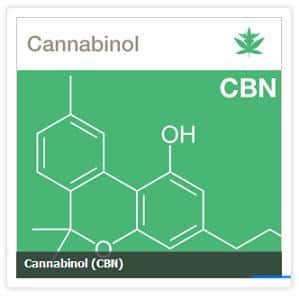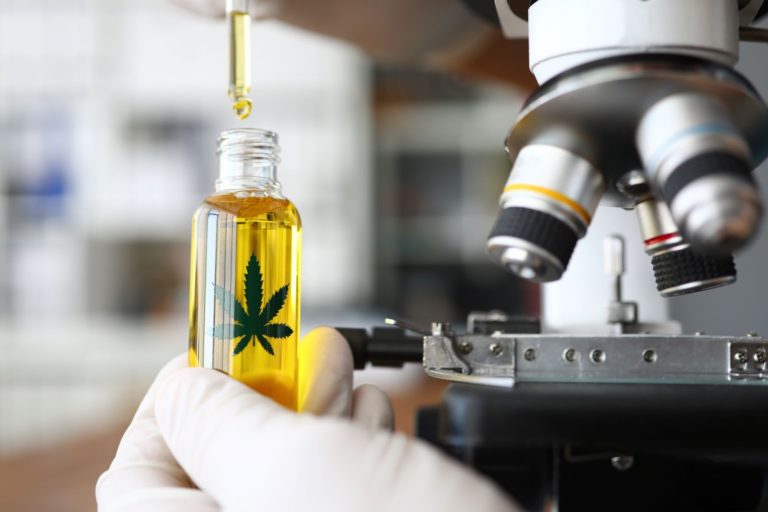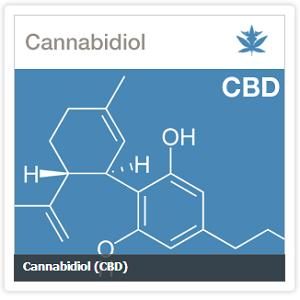 By Paul Armentano, NORML Deputy Director
By Paul Armentano, NORML Deputy Director
Inhaling cannabis reduces symptoms of Crohn’s disease compared to placebo in patients non-responsive to traditional therapies, according to clinical trial data published online ahead of print in the journal Clinical Gastroenterology and Hepatology.
Researchers at the Meir Medical Center, Department of Gastroenterology and Hepatology in Israel assessed the safety and efficacy of inhaled cannabis versus placebo in 21 subjects with Crohn’s disease who were nonresponsive to conventional treatments.
Eleven participants smoked standardized cannabis cigarettes containing 23 percent THC and 0.5 percent CBD (cannabidiol) twice daily over a period of eight weeks. The other ten subjects smoked placebo cigarettes containing no active cannabinoids.
Investigators reported, “Our data show that 8-weeks treatment with THC-rich cannabis, but not placebo, was associated with a significant decrease of 100 points in CDAI (Crohn’s Disease and activity index) scores.” (The CDIA is a research tool used to quantify the symptoms of Crohn’s disease patients.) Five of the eleven patients in the study group also reported achieving disease remission (defined as a reduction in patient CDAI score by more than 150 points).
Researchers also reported that “no significant side effects” were associated with cannabis inhalation. Subjects in the study group reported improvements in appetite and sleep compared to those in the placebo group. Cannabis inhalation was also associated with “significantly less pain” among the participants.
The study is the first placebo-controlled clinical trial to assess the consumption of cannabis for the treatment of Crohn’s.
Israeli researchers had previously published observational trial data reporting that Crohn’s patients require fewer disease-related surgeries following their use of cannabis.
According to survey data published in 2011 in the European Journal of Gastroenterology and Hepatology, some one-half of Crohn’s disease patients acknowledge having used cannabis to mitigate their disease symptoms.
Source: NORML - make a donation









